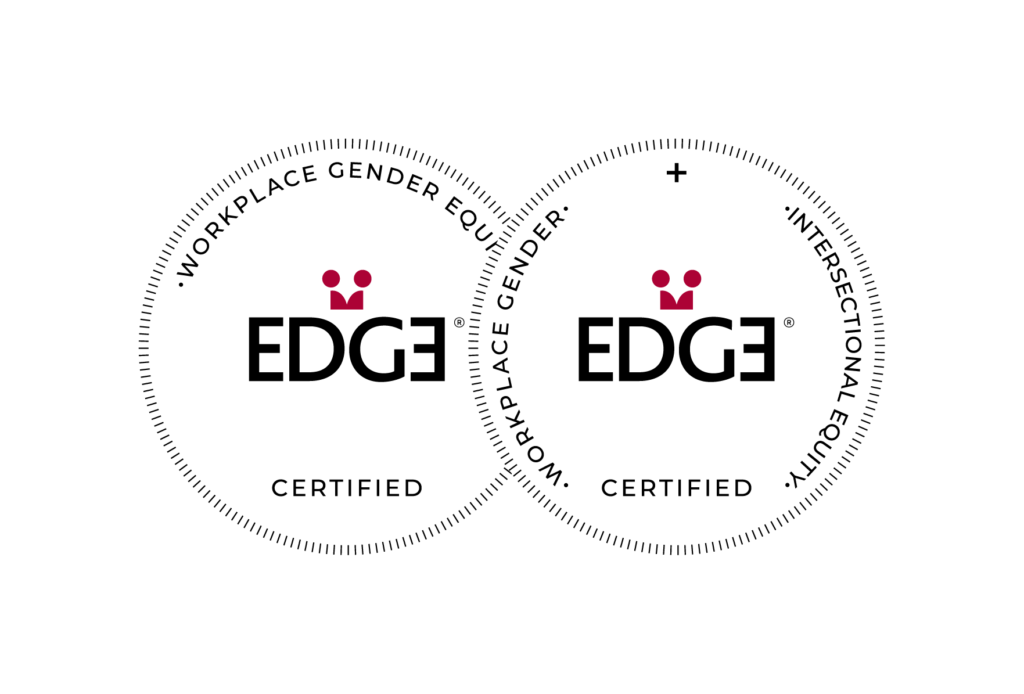EDGE Certification Requirements
The current standards are the EDGE Certification Requirements Version 5.3, effective from 1 April 2024.
Dive deeper into the EDGE Certification Requirements
EDGE Standards and Certification Framework
The first section of the EDGE Certification Requirements v5.3, encompassing both the introduction and all details relevant to Clauses 1-7 of the EDGE Certification Requirements v5.3.
The EDGE Standards
Information regarding the EDGE Standards, pertaining to Clause 8 of the EDGE Certification Requirements v5.3.
EDGE Certification Process and Procedures
Details about the EDGE Certification Process and Procedures, specifically pertaining to all information related to Clauses 9-10 of the EDGE Certification Requirements v5.3.
